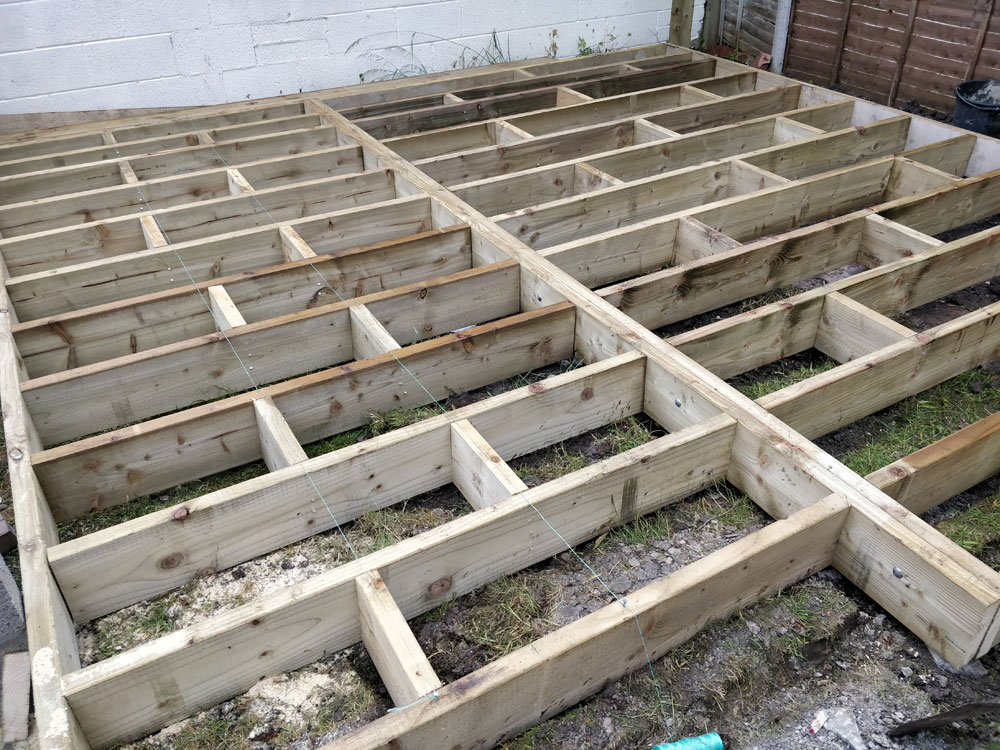When building a deck, there are many aspects to consider. Among these are the cost of the project, materials used, and planning for wet and dry weather. When hiring a builder, there are some tips that can help you choose the best one. Listed below are some of the steps involved in the project. If you are unsure about any of these, consult a professional like decks Auckland.
Here is a breakdown of the steps involved in each phase.
Cost of building a deck
The cost of building a deck includes construction costs, protection elements, and extra miscellaneous labor. In addition to materials and labor, the cost includes the increment in property taxes and insurance premiums that can vary from municipality to municipality. Material costs can contribute up to 50% of the overall budget for a deck, which translates to $15 to $30 per square foot. If you decide to hire a contractor, you’ll likely need to spend an additional $500 or more.
Materials used for decking
When constructing a deck, consider your budget and materials used. Although many homeowners prefer wood, composite materials can also be attractive and economical. Some of the newest types of decking are made of recycled plastic and wood fibers. Composite decking is also a popular option, and is one of the fastest growing materials on the market. Read on to learn more about these options. Below are some of the advantages of each type.
Planning for wet and dry conditions
When installing a deck, planning for wet and dry conditions is essential to the final outcome. Specifically, it is important to follow OSHA’s Federal Register Subpart R 1926 for the erection of a deck, which was published in January 2002. The guidelines outline the typical conditions for erection, but the manufacturer of the deck does not have the authority to set the erection plan for you. However, the manufacturer’s erection drawings may be helpful.
Choosing a builder
Choosing a deck builder should be based on your budget and the type of deck you want. Make sure you hire a professional with a track record of high quality work, as it’s essential that the finished project is both attractive and durable. It’s also important to find a contractor who can handle any problems or challenges that may arise throughout the project. A reputable deck builder will keep you updated on the progress of the project.
Common problems with DIY decks
Whether your DIY deck is built with a professional or by yourself, it’s important to be aware of some of the most common problems that can occur. Depending on the type of material, you may have problems with excess moisture or extreme temperature changes. You may also have problems with debris clogging between boards. This can encourage the growth of bacteria and fungus that cause the wood to rot.

